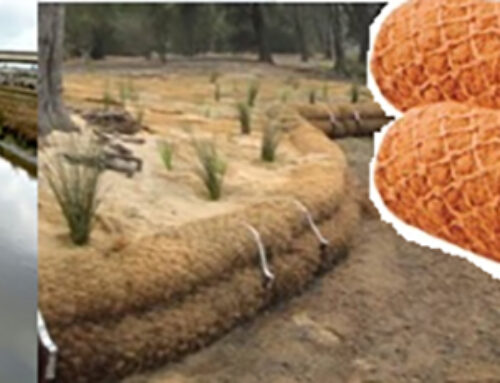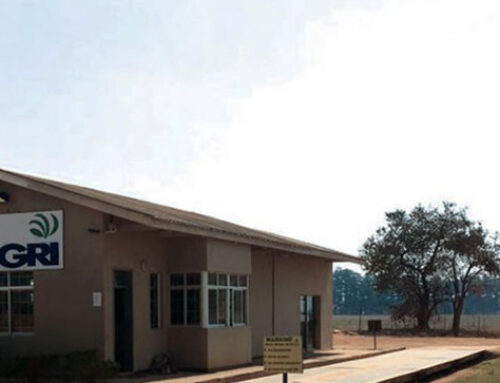Georgia’s Ministry of Agriculture aims to ensure a liberalised, open agriculture sector with significant investment appeal. Bakur Kvezereli, Minister, explains, “We want to increase productivity per hectare, consolidate farmland, and implement know how, new technologies and world-class food safety standards. We have created many incentives for investing in agriculture in Georgia.”
The Georgian agriculture sector has diversified its export markets from 15 (dominated by the Russian market) in 2006 to 48 countries today, and it offers exceptional growth potential. Georgia has nine different agricultural zones, allowing it to produce a wide range of products, including citrus fruits. More than 500 varieties of the world’s 2,500 varieties of wine grapes are grown in Georgia, which the minister describes as “the world’s birthplace of wine”, and Georgian wines are now sold in the US and the EU.

Incentives for investors
Foreign investors can buy agricultural land in Georgia and export their production tax free. Agricultural producers can also count on import substitution advantages. Bakur Kvezereli says, “We would like to attract large European firms with manufacturing expertise who are aiming to export. Such companies could be sure of earning big profits through investing in our agriculture subsectors.” Other goals for the ministry are to work with a capacity building specialist to help develop better training systems for the agriculture sector as well as create extension and machinery services.
To help achieve these goals, the Ministry of Agriculture has been very proactive in upgrading the agriculture sector’s infrastructure, including rehabilitating thousands of irrigation systems. A number of irrigation companies are being privatised, creating excellent investment opportunities.
The ministry is partnering with international agencies, including the USAID, the World Bank and the government of Japan. It has focused on increasing financing options for farmers and food producers, particularly small and medium sized enterprises. The ministry hopes to attract more investment in food processing, greenhouses, agricultural products storage centres, and logistics, among other areas.
Bakur Kvezereli cites turkey farming, slaughterhouses for sheep, organic farming and the production of berries as just a few of the high potential options in Georgia’s agriculture sector. Foreign investment projects already active in Georgia range from a hazelnut farm to enterprises producing baby food, wine and mineral water. The minister concludes, “We are always looking for more investors who can provide expertise and capital. Georgia’s agriculture sector can offer the three Ps: products, profits and prosperity! Now is the time to invest in Georgia.”




